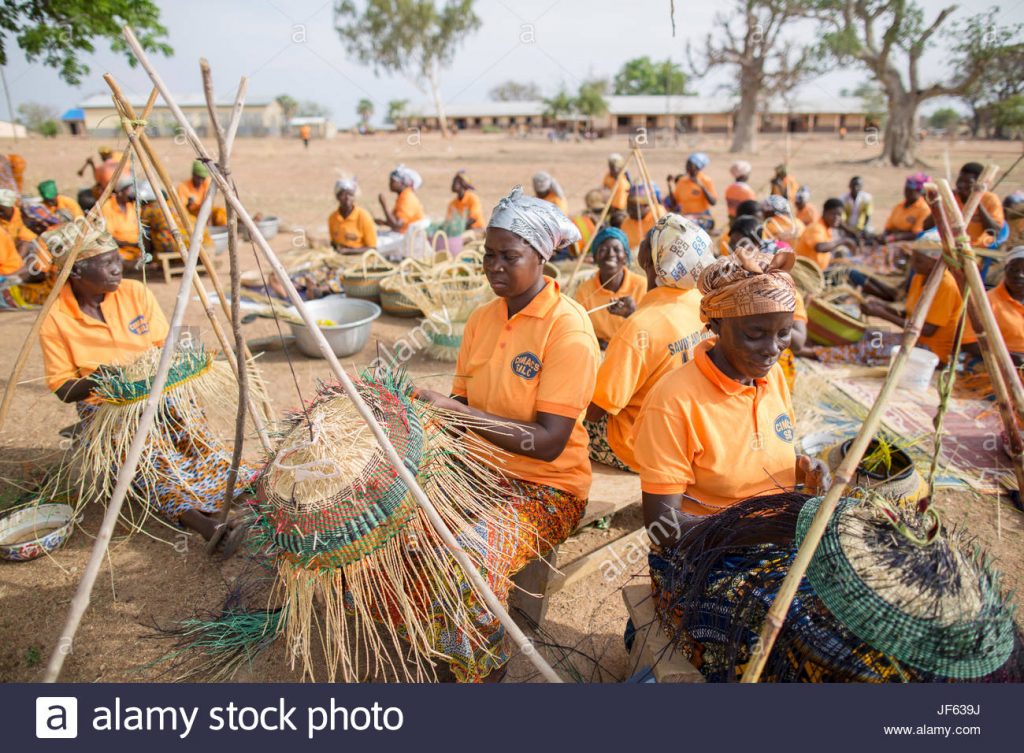A total of 10,365 women have been trained in various skills and improved farming methods in the Upper East and West regions of Ghana under a project dubbed, Empowering Mutual Partnerships for Women Economic Resilience (Empower) by a non-governmental organisation (NGO), Centre for Indigenous Knowledge and Organisational Development (CIKOD).

The women, who were taken through skills like soap making, shea butter refinery, modernised farming and cultivating improved seeds, were drawn from the Lawra and Nandom districts.
The Executive Director for CIKOD Ghana, Ben Guri, in a welcome address said the three-day regional forum would be used to discuss the implementation of the EMPOWER project over the last five years and how it had enhanced women’s livelihood economically and socially.
The project which spanned from 2013 to 2018 was implemented by a consortium of NGOs with CIKOD Ghana and the Research and Projects Units of the Wa Campus University for Development Studies (UDS) as the lead implementers.
“With the advent of projects such as Empower, women are now able to have access to lands but the issues still remain as to whether they are able to retain and use the land for long”, Mr Guri stated.
He indicated that many traditional authorities and men had been sensitised to the need to make farmlands available to women but men were quick to retrieve the lands from the women when they realise it was more fertile.
He called on the traditional authorities to design a more comprehensive framework to regulate the acquisition and sustainable use of land by women.
“We did not just assume for the woman in the rural area and that is how come we were sure that the trainings we have given are gender specific and need sensitive”, he explained.
The lecturer who doubles as a member of the research team was optimistic that the EMPOWER project had impacted positively on the lives of women and their respective families.
A beneficiary, Madam Ophelia Kaara-Ib testified that after the training in soap making, CIKOD gave each woman a grant and with support from the St. Francis Xavier University and Coady Institute, they were able to start their own businesses.
“With the money, I started a small soap making business, I also went round teaching other people and before long there were women entrepreneurs everywhere”, she said.
Madam Kaara-Ib said the project empowered her financially such that she was able to see her children through school.

